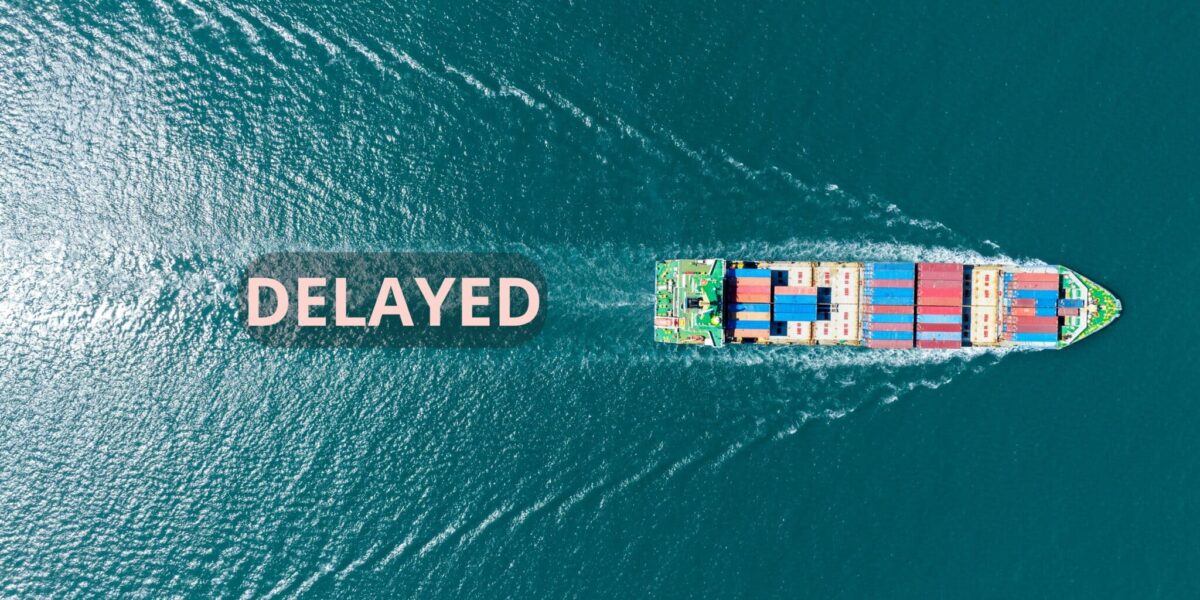In a world of volatile freight rates, political unrest, and shifting trade policies, smooth logistics can no longer be taken for granted. For European businesses importing from Asia, shipping delays and geopolitical tensions aren’t just risks—they’re recurring realities.
At Eurasia Consultis, we help clients reduce uncertainty through proactive sourcing and supply chain planning. If you’re looking to protect your margins and meet deadlines in today’s environment, here’s what you need to know—and how to stay ahead.
Why Delays and Disruptions Are the New Normal
The past few years have shown how quickly global logistics can unravel. Whether it’s the Red Sea crisis, port congestion in Asia, or sanctions affecting key trade routes, importers must now plan for more than just the product—they need to plan for risk.
Common causes of shipping delays today:
- Geopolitical flashpoints (e.g., South China Sea tensions, EU sanctions)
- Container shortages or port closures
- Strikes and labor disputes at ports or customs offices
- New trade regulations or customs checks
- Natural disasters and extreme weather
These issues can delay shipments by weeks, spike freight prices, or create last-minute bottlenecks—especially if you’re relying on a single origin or route.
How We Help Clients Mitigate Risk
At Eurasia Consultis, we don’t just react to disruptions—we build flexible sourcing plans designed to absorb them.
Here’s how:
1. Diversified Supplier Network
We identify alternative suppliers in multiple regions—such as Vietnam, India, or Turkey—to avoid over-reliance on one country or trade lane.
Example: One client importing garden tools from Eastern China added a secondary supplier in northern Vietnam. During China’s COVID-related port shutdowns, production continued without delay.
2. Buffer Inventory Planning
We help clients plan smarter inventory cycles by:
- Increasing safety stock for seasonal or high-risk SKUs
- Advising on split shipments to reduce exposure to a single container delay
- Coordinating early production when global events signal upcoming instability
3. Flexible Shipping Strategies
We work with freight forwarders who can pivot quickly. Whether it’s rerouting through less congested ports or switching from sea to rail/air for urgent SKUs, we don’t wait for problems to escalate.
Tip: Clients using DDP (Delivered Duty Paid) contracts benefit most, as we manage the entire delivery process end-to-end.
Geopolitical Risk: What You Can (and Can’t) Control
While you can’t prevent border tensions or policy shifts, you can build a sourcing system that adapts. Key steps include:
- Staying informed: We provide clients with alerts on new EU trade rules, China export regulations, or sanctions.
- Verifying compliance: Our QC team checks origin documentation, labeling, and declarations—preventing customs issues before they arise.
- Avoiding at-risk materials: For instance, REACH or RoHS regulations often affect components sourced from high-risk regions. We flag them early.
Smart Tools We Use to Protect Shipments
Here’s what Eurasia Consultis brings to the table:
| Tool | Benefit |
| Live order tracking dashboards | Real-time visibility on container status |
| Scenario cost modeling | Understand what route delays mean for margin |
| Freight consolidation | Group SKUs to reduce container costs and simplify customs |
| Supplier readiness assessments | Check who can scale quickly in case of rerouting |
Final Recommendations for 2025 Importers
If you’re a European buyer working with Asia, here’s how to navigate the new logistics landscape:
- Don’t rely on one route, one port, or one supplier.
- Plan for delays, not just on-time delivery.
- Choose partners who actively manage risk—not just price.
- Lock in production and freight early for seasonal goods.
- Build flexibility into your sourcing agreements.
At Eurasia Consultis, we turn uncertainty into structure. Our sourcing experts, QC teams, and logistics network work together to keep your supply chain moving—even when the global situation doesn’t.
Need help planning your next shipment around today’s risks? Contact us for a personalized sourcing strategy.

